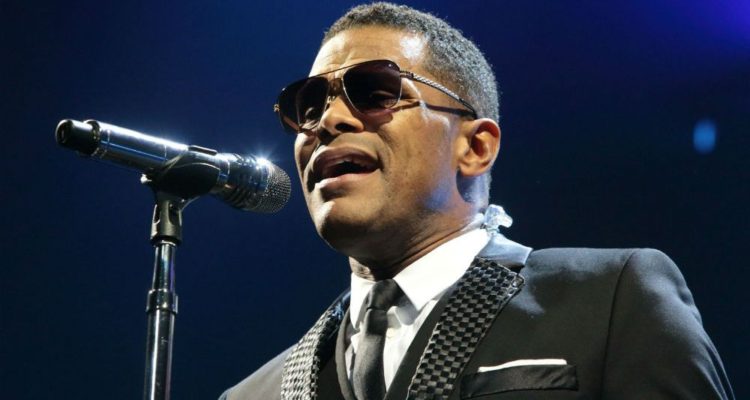“BLACKsummers’night” debuted at No. 1 in 2009 with his best sales week ever and won two Grammys. Maxwell assured his faithful listeners that such a gap wouldn’t happen again, explaining that his fourth album was part of trilogy he’d already written and, in large part, recorded, with the next installments to follow in consecutive years.
Then another seven years went by.
“I couldn’t believe how big it got — it freaked me out,” Maxwell, 43, said of his first comeback. The long break that again followed, he said, was the result of an intensive creative process, which is dependent on “living a life” — romantic relationships remain Maxwell’s muse — and escaping expectations. “I like to forget who I am as much as I possibly can,” he said. “The problem is that I’m constantly being reminded that I’m supposed to be this way, this thing that everyone knows as a product.
“Can you imagine the anxiety?”
So he retreated for a second time, filling his days with “a lot of Netflix, listening to music, traveling, days on the beach,” Maxwell said. “Sex is awesome, too, when you throw it in here and there.” All served as fuel for songwriting.
“BlackSUMMERS’night,” out Friday, July 1, is his lovelorn trilogy’s long-delayed Part 2, more upbeat and groove-oriented than its predecessor. Citing disco, gospel and rock undercurrents, and the influence of Tame Impala’s psychedelic pop, Maxwell called the music “progressive soul.”
While he has always resisted trend-hopping, having initially emerged from the so-called neo-soul movement, which rejected the flash of the ’90s for earthier ’70s throwbacks, Maxwell is returning yet again to an altered musical landscape, this one almost unrecognizable: R&B has been subsumed even further into hip-hop, with rappers doing a lot of the singing themselves, while music sales have cratered in favor of online streaming, which rewards the brand-name artist and instant gratification.
source https://www.nytimes.com/2016/07/03/arts/music/maxwell-blacksummersnight-interview.html

